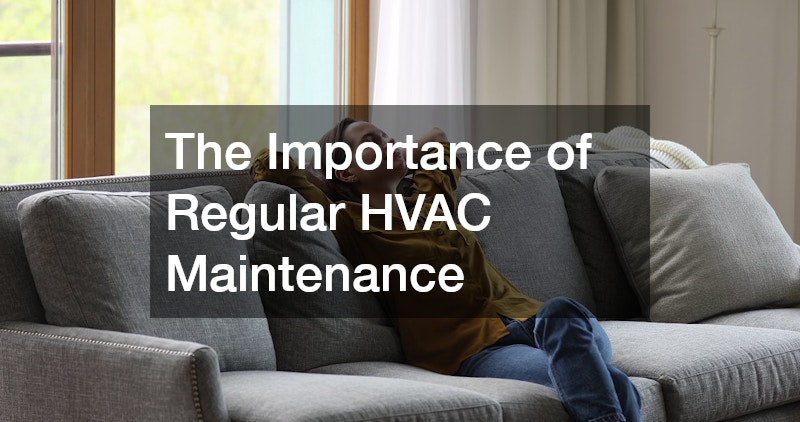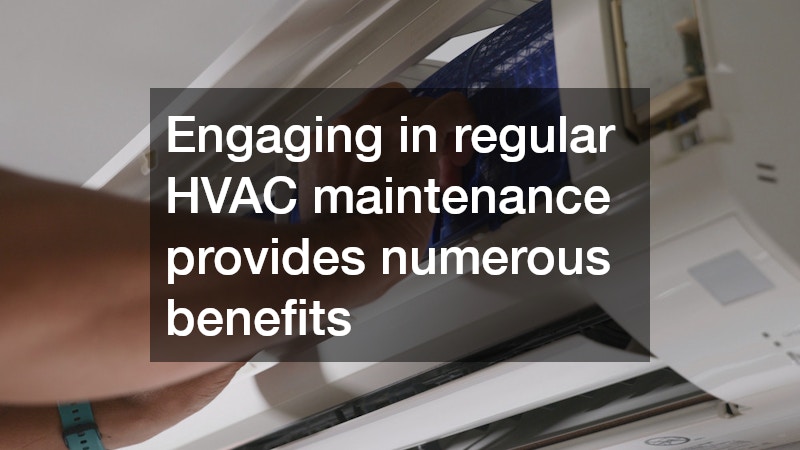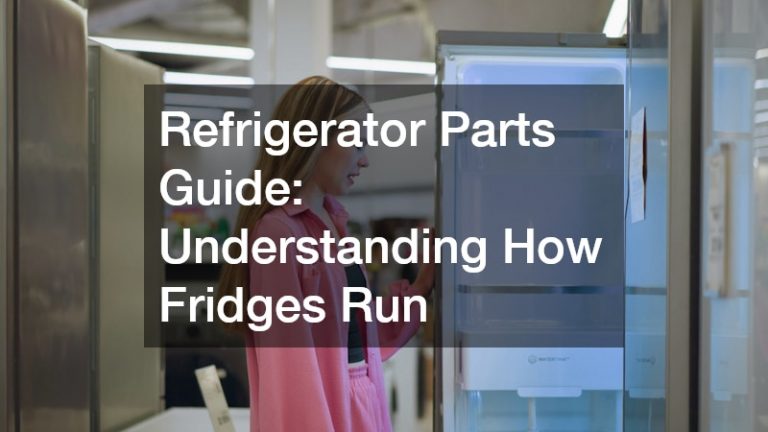

HVAC systems, which stand for Heating, Ventilation, and Air Conditioning, are integral to creating comfortable indoor environments. They regulate temperature, ensuring that homes and businesses remain comfortable throughout the seasons. Beyond temperature control, HVAC systems also improve air quality by filtering out pollutants and allergens. This dual functionality is crucial for both health and comfort in residential and commercial spaces. In the age of rapid urbanization, the demand for effective HVAC systems continues to grow.
An HVAC system is more than just a convenience; it is a necessity in regions with extreme weather conditions. When temperatures soar in the summer or plummet in the winter, HVAC systems provide essential relief. Homes and businesses rely on these systems to maintain stable environments that promote productivity and well-being. In commercial settings, HVAC systems can prevent machinery from overheating and improve employee comfort and efficiency. Thus, their importance extends beyond comfort to encompass economic and operational stability.
As HVAC systems are used extensively throughout the year, their efficiency can decline without proper maintenance. Over time, dust, dirt, and other particles can accumulate in the system, reducing its efficiency and air quality output. A well-maintained system, on the other hand, runs smoother and consumes less energy, which leads to cost savings on utility bills. For these reasons, regular maintenance is essential to keep HVAC systems functioning effectively and economically. An HVAC company can provide the expertise required to maintain these complex systems properly.
Benefits of Regular HVAC Maintenance
Engaging in regular HVAC maintenance provides numerous benefits, the most notable being extended system longevity. Just like a car needs regular oil changes and tune-ups, HVAC systems require similar care to operate optimally. Scheduled maintenance can detect minor issues before they escalate into costly repairs or system failures. Catching problems early allows homeowners and businesses to address these issues with minimal inconvenience and expense. This proactive approach is not only prudent financially, but it also ensures a stable indoor climate year-round.
Another significant advantage of regular HVAC maintenance is improved energy efficiency. When HVAC systems are kept in good condition, they run more efficiently, consuming less energy to maintain climate controls. This efficiency correlates directly to lower utility bills, offering substantial savings over time. A well-maintained system also reduces the environmental footprint by using energy more judiciously. Hence, routine maintenance contributes to both economic savings and environmentally friendly operations.
Regular maintenance performed by a qualified HVAC company also improves indoor air quality. Filters and ducts, when clogged with dust and allergens, can circulate contaminated air throughout living and working spaces. This not only impacts health, leading to allergies and respiratory issues but also affects the overall satisfaction with the environment at home or work. Ensuring that these components are clean and functioning correctly is crucial. Regular checks and maintenance can significantly improve the air quality, contributing to better health outcomes.
Common HVAC Maintenance Tasks
Routine HVAC maintenance encompasses a variety of tasks, each crucial to maintaining system health and efficiency. One of the most common tasks is changing or cleaning the system’s air filters, which should be performed every one to three months. Air filters trap dust, pollen, and other airborne particles, and when clogged, can significantly reduce a system’s efficiency. Regular filter changes not only improve air quality but also help the system run more smoothly, reducing strain on the HVAC unit. An experienced HVAC company can provide guidance on the appropriate type of filters for any given system and environment.
Another integral component of maintenance is inspecting and cleaning the system’s components such as the condenser and evaporator coils. These coils are critical for the heat exchange process, and when they become dirty, the system’s efficiency drops. A dirty coil has to work harder to transfer heat, leading to increased energy use and wear on the system. Regular cleaning of these components ensures that your HVAC system operates at peak performance. Furthermore, this task requires a professional touch due to the complexity and sensitivity of the components involved.
Checking the system for refrigerant leaks is another vital maintenance task. Refrigerants are essential for air conditioning systems to cool air, and a leak can severely impact a system’s performance. Besides compromising efficiency, a refrigerant leak can be hazardous to the environment and reduce the system’s cooling capabilities. Maintenance involves ensuring that refrigerant levels are optimal and that there are no leaks. HVAC companies have the specialized equipment needed to measure refrigerant levels and identify leaks, ensuring the system runs effectively.
Choosing the Right HVAC Company
Selecting a reputable HVAC company is crucial for effective maintenance and repair of HVAC systems. When choosing a service provider, it’s important to consider their expertise, reputation, and customer reviews. A reliable HVAC company should have certified technicians trained to handle various systems and issues. This ensures that they can provide comprehensive services tailored to any system’s unique needs, delivering quality maintenance and repairs. Doing so grants homeowners and businesses peace of mind, knowing their systems are in capable hands.
Additionally, transparent pricing and service agreements are indicators of a trustworthy HVAC company. Companies that offer detailed and clear pricing structures help clients understand what they’re paying for and why. This transparency fosters trust and helps prevent misunderstandings or disputes over costs. Furthermore, a good HVAC company will provide a service agreement outlining routine maintenance schedules, tasks, and any additional services offered. This proactive approach to customer service underscores their commitment to maintaining client satisfaction.
Finally, the ideal HVAC company also emphasizes ongoing education and training for its technicians. The HVAC industry continually evolves, with advances in technology and techniques for efficiency and environmental protection. By investing in continued education, a company ensures that its staff remains current with industry trends and best practices. This commitment to excellence is reflected in the service quality provided, cementing the HVAC company’s reputation as a leader in their field. For homeowners and businesses alike, choosing such a company means fostering a relationship built on trust, expertise, and reliability.



